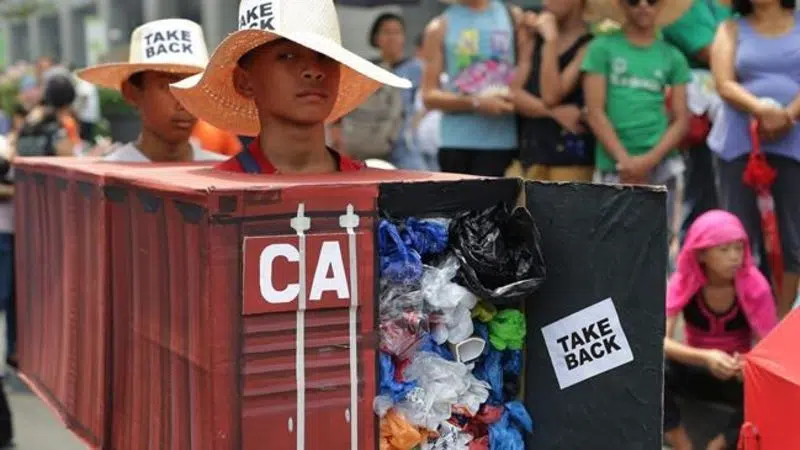
Canada will bear cost of repatriating trash-filled containers from Philippines
OTTAWA — Canada has agreed to pay the full cost of bringing 69 garbage-laden shipping containers back across the Pacific Ocean to Vancouver — but it remains unclear how much it will cost and when it will happen.
The Canadian government made a formal offer to bring back the garbage last month but has remained tightlipped about what the offer contained.
The Philippines has been far more open with information ever since President Rodrigo Duterte threatened to “declare war” on Canada if the garbage was not taken back. He has given Canada until May 15 to get the containers out of the two Philippine ports where they have been sitting for nearly six years.


